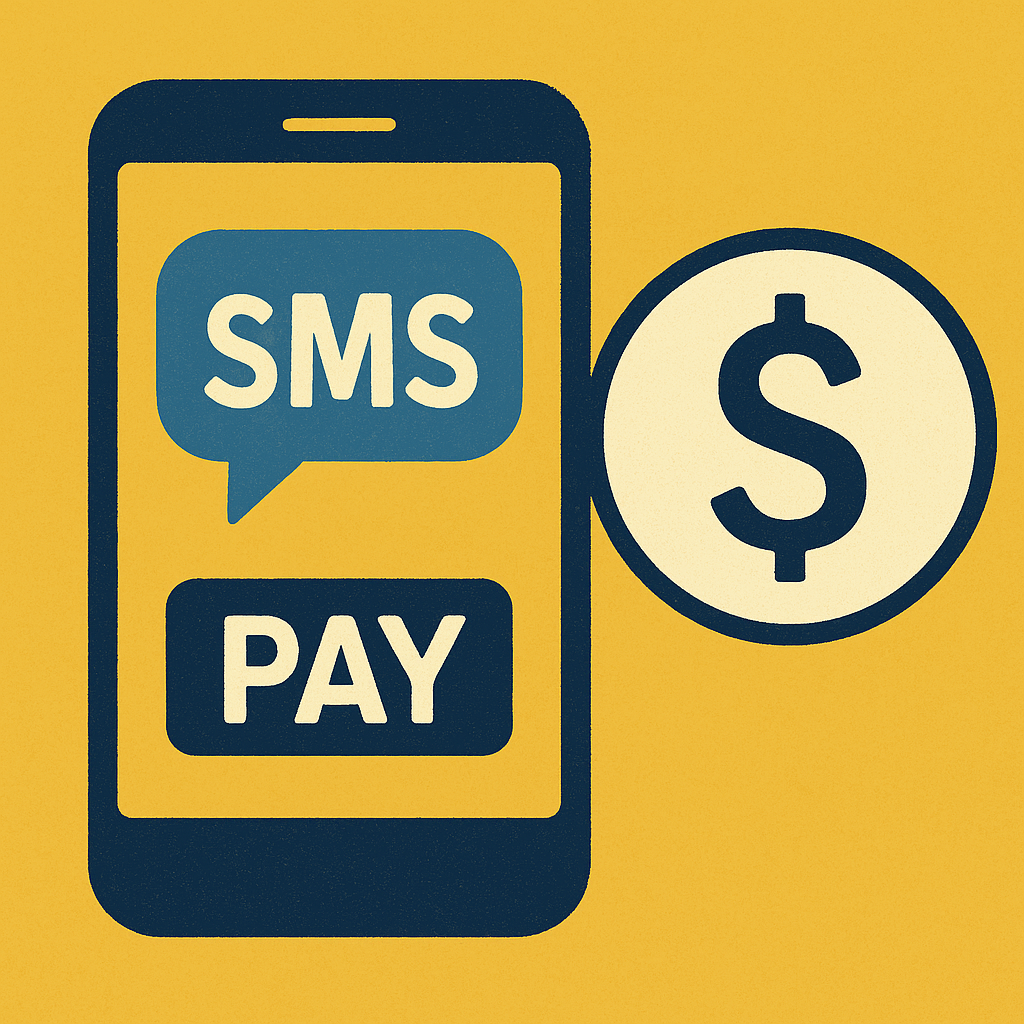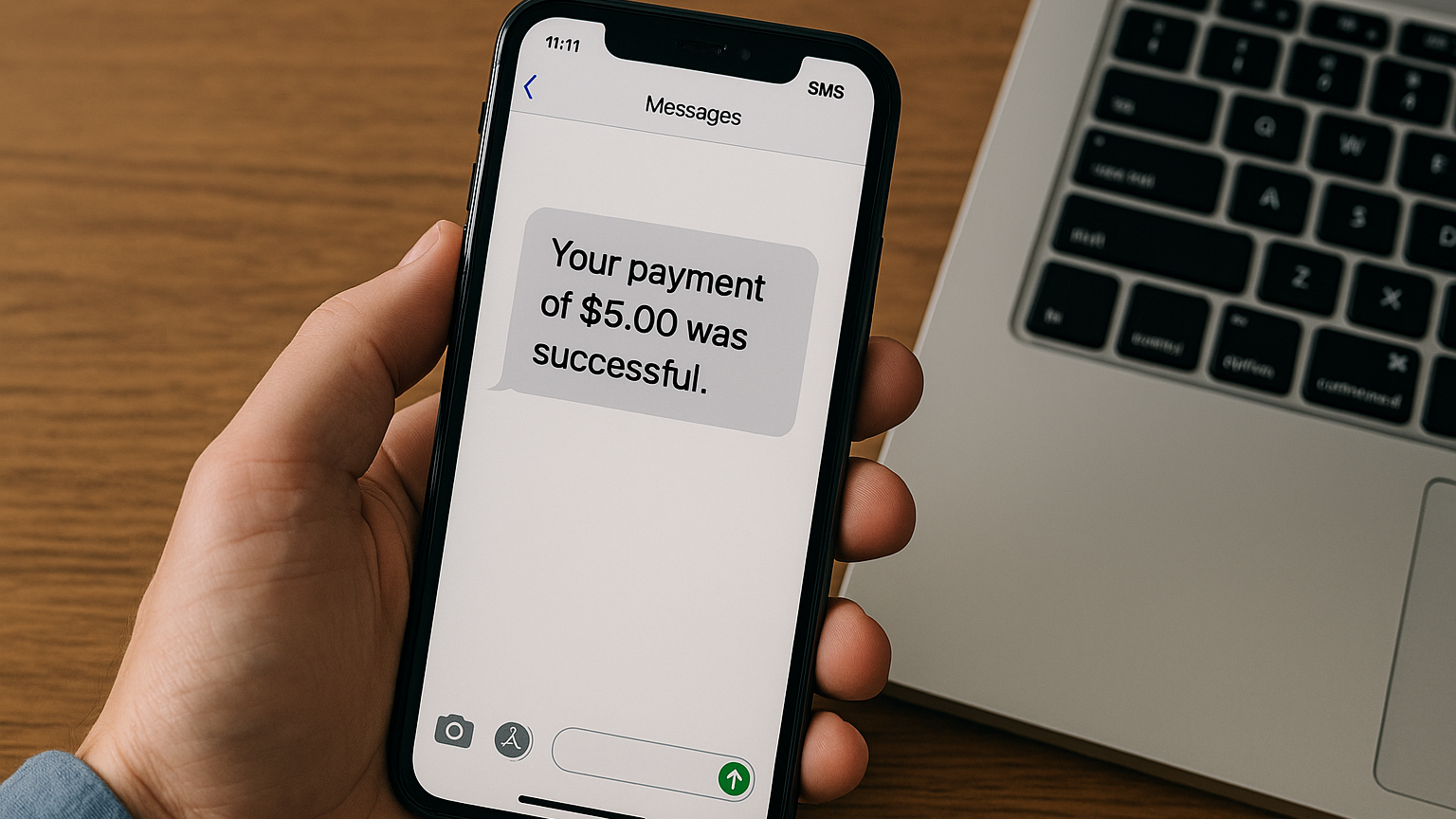In a World of Apps, Why SMS? The Power of Ubiquity
The primary advantage of SMS payments is that they require no special software or hardware. While e-wallets and banking apps need to be downloaded, installed, and set up, nearly every mobile phone in existence, from the most basic feature phone to the latest smartphone, can send and receive a text message. This makes SMS an incredibly inclusive payment method, accessible to virtually anyone with a mobile subscription, regardless of their device's age or technical specifications. It bypasses the need for a stable internet connection (for the payment action itself) and the hassle of remembering app passwords.
The Core Appeal: Unmatched Convenience for Small Transactions
The process of paying by SMS is elegantly simple, typically involving sending a short text message to a specific number to confirm a purchase. The charge is then added to the user's monthly phone bill or deducted from their prepaid credit through a system known as Direct Carrier Billing (DCB). This simplicity is especially valued for quick, low-value digital purchases where convenience trumps complex features. In some niche online entertainment sectors, for example, users might specifically look for a pay by SMS casino to make a small, straightforward deposit to an online casino account without needing to enter card details or log into an e-wallet.
The Security of Simplicity
Paying by SMS offers a unique form of security. Since the transaction is billed through the mobile network operator, the user never has to share sensitive financial information like credit card numbers or bank account details with the third-party merchant. This significantly reduces the risk of financial data being compromised in a data breach. For many users, this privacy is a major benefit, especially when making small payments on unfamiliar websites or services.

Comparing SMS Payments to Other Methods
It's important to understand where SMS payments fit within the broader payment ecosystem.
- Pros: Universal accessibility on any mobile phone, high speed for microtransactions, enhanced privacy as no financial details are shared with merchants.
- Cons: Primarily suitable for small amounts due to low transaction limits, fewer features (no spending analytics, loyalty integrations, etc.), and not as widely accepted as credit cards or major e-wallets for general purchases.
Where SMS Payments Shine
Given their characteristics, SMS payments excel in specific use cases. They are ideal for:
- Microtransactions: Purchasing digital content like app features, articles, or in-game items.
- Services: Paying for parking, public transport tickets, or voting in polls and contests.
- Donations: Making small, quick donations to charitable causes.
The Enduring Place of SMS in the Payment Ecosystem
While SMS payments may not replace comprehensive e-wallets for all transactions, they occupy a valuable niche. They serve as a testament to the idea that sometimes the simplest solution is the most effective. By offering a universally accessible, fast, and private way to handle small payments, SMS technology proves that it is much more than just a messaging service—it remains a relevant and useful tool in the diverse world of digital finance.




